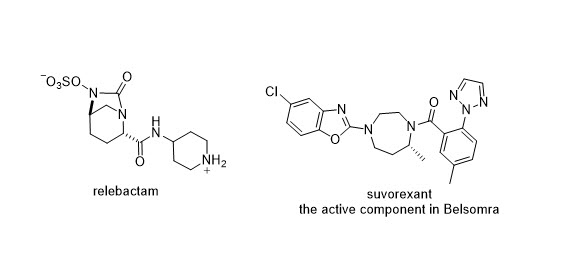Speaker’s bio: Debra received her bachelors degree from Cambridge University and remained there to complete her PhD, working with Professor Ian Paterson on the development of lactate derived ketone aldol reactions. After completion of her PhD she moved to the University of British Columbia to work with Professor Ed Piers on some copper mediated transformations before retuning to Cambridge to take up a position as a Junior Research Fellow for two years.
Debra started at Merck in the Process Chemistry department at their UK location in 1998 and after a few moves back and forward across the atlantic has settled in New Jersey based in Rahway. In her current role as Principal Scientist in the Process Chemistry group she leads a team of scientists working on finding innovative solutions to synthetic problems which in turn allow for defining and implementing the best route to a range of potential drug molecules. She was the recipient of the 2015 Royal Society of Chemistry’s Industrial Organic Chemistry Award.
Abstract:
This seminar will discuss the development of two recent Merck compounds, Relebactam, a b-lactamase inhibitor being developed for treatment of serious antibiotic resistant bacterial infections and Suvorexant a dual Orexin antagonist recently approved in the US and Japan for treatment of sleep disorder. The talk will discuss synthetic development of the compounds, from the Medicinal Chemistry route, followed by an initial scale-up route suitable for generating kilogram quantities of material. The requirements for an ideal manufacturing route, including cost, robustness, minimal environmental impact and quality of product will be outlined and these principles applied to show how a final approach, considered appropriate for manufacturing implementation was discovered for both target molecules. In each case a detailed mechanistic study of a key reaction will be presented to show how these studies guided final optimization.

